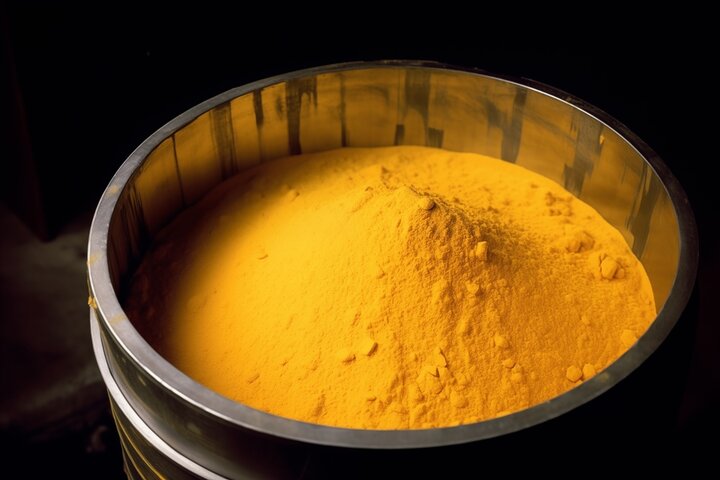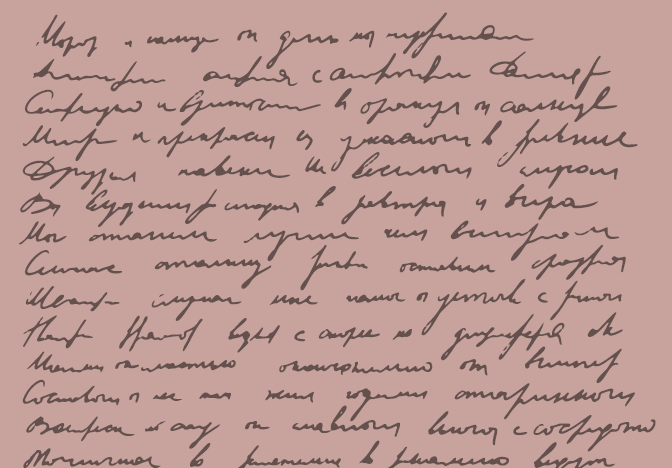Global equity markets have weakened sharply as they digested the Russia-Ukraine conflict. While Russian equities have been effectively decimated, it’s important to maintain perspective in the context of the level of overall risk when investing globally. The confiscation of assets in large markets is a very rare event – with Russia (1917) and China (1949) the two events in modern history that have seen equity holders lose all their investments in those markets.
With sanctions imposed by Western nations and voluntary withdrawal of a number of corporates, it is reasonable to assume in an aggregate context, that global corporates will see close to no demand from Russian consumers. However, for context, the Russian economy is about the size of Australia’s and hence broadly irrelevant in aggregate (notwithstanding some individual companies will be impacted more).
The key economic impact comes from the withdrawal of supply of a number of resources, including energy, metal and fertilisers. This can have two near-term impacts: firstly, an immediate reduction in activity; and secondly, an increase in the price of these commodities, adding further inflationary pressure to the global system. In time, there may be a pivot in who consumes these Russian outputs, with those countries imposing sanctions likely to be slow to re-engage. We may also see a cascade of unintended and possibly unpredictable consequences.
Markets look forward, and it is uncertainty which causes the greatest turbulence. If the Western playbook can be interpreted, one might contemplate that once sanctions start to hurt the Russian population, internal unrest may place Vladimir Putin’s position under pressure. If the market starts to anticipate this, one would expect this to lead to stabilisation, and this could happen months ahead of the event itself.
Other trends that may be accelerated in the near term on the back of this current event, include a greater push to renewables, and more broadly, self-reliance, as global supply chains are again questioned. We continue to favour companies exposed to themes like decarbonisation, travel, semiconductors, industrial efficiency, and the Chinese consumer, while being wary of overpriced so-called disruptors that were the beneficiaries of easy money.
As of the latest available data (7 March 2022), the Platinum International Fund had net exposure to markets of 58%. The short position of 27% reflects current geopolitical uncertainty as much as our concerns about the unwind of the long bull market in “disruption” that has been fuelled by liquidity.
With regards to Russia specifically, our European and International portfolios held no direct positions and were therefore only indirectly affected, with small revenue exposures to the Russian economy.
Immediately prior to the Russia-Ukraine invasion, the Platinum International Brands Fund was exposed to two Russian stocks through investments in depositary receipts traded on the London Stock Exchange, totalling 6.1% of the portfolio. The underlying stocks were Sberbank of Russia (2.9%) and TCS Group Holdings (3.2%). On 25 February 2022, we sold the entire Sberbank position following the imposition of sanctions. TCS Group Holdings is a private enterprise which has not been directly subjected to global sanctions - we continue to hold the depositary receipts. Following the London Stock Exchange’s suspension of trading in the TCS Group Holdings depositary receipts on 3 March 2022, we wrote down the value of the investment to zero.
You may wish to also read our Update on the Russia/Ukraine Situation released on 2 March 2022, where in addition to providing a portfolio update, portfolio manager Adrian Cotiga explains Platinum’s thoughts on the longer-term prospects for the Central and Eastern European (CEE) region.
DISCLAIMER: This article has been prepared by Platinum Investment Management Limited ABN 25 063 565 006, AFSL 221935, trading as Platinum Asset Management (“Platinum”). This information is general in nature and does not take into account your specific needs or circumstances. You should consider your own financial position, objectives and requirements and seek professional financial advice before making any financial decisions. You should also read the latest product disclosure statement for the Platinum Trust® Funds before making any decision to acquire units in a fund, a copy of which is available at (together with the target market determination) www.platinum.com.au. The commentary reflects Platinum’s views and beliefs at the time of preparation, which are subject to change without notice. No representations or warranties are made by Platinum as to their accuracy or reliability. Commentary may also contain forward-looking statements. These forward-looking statements have been made based upon Platinum’s expectations and beliefs. No assurance is given that future developments will be in accordance with Platinum’s expectations. Actual outcomes could differ materially from those expected by Platinum. To the extent permitted by law, no liability is accepted by Platinum for any loss or damage as a result of any reliance on this information.


